| DIVISION G CABINET (2020-2023) | |
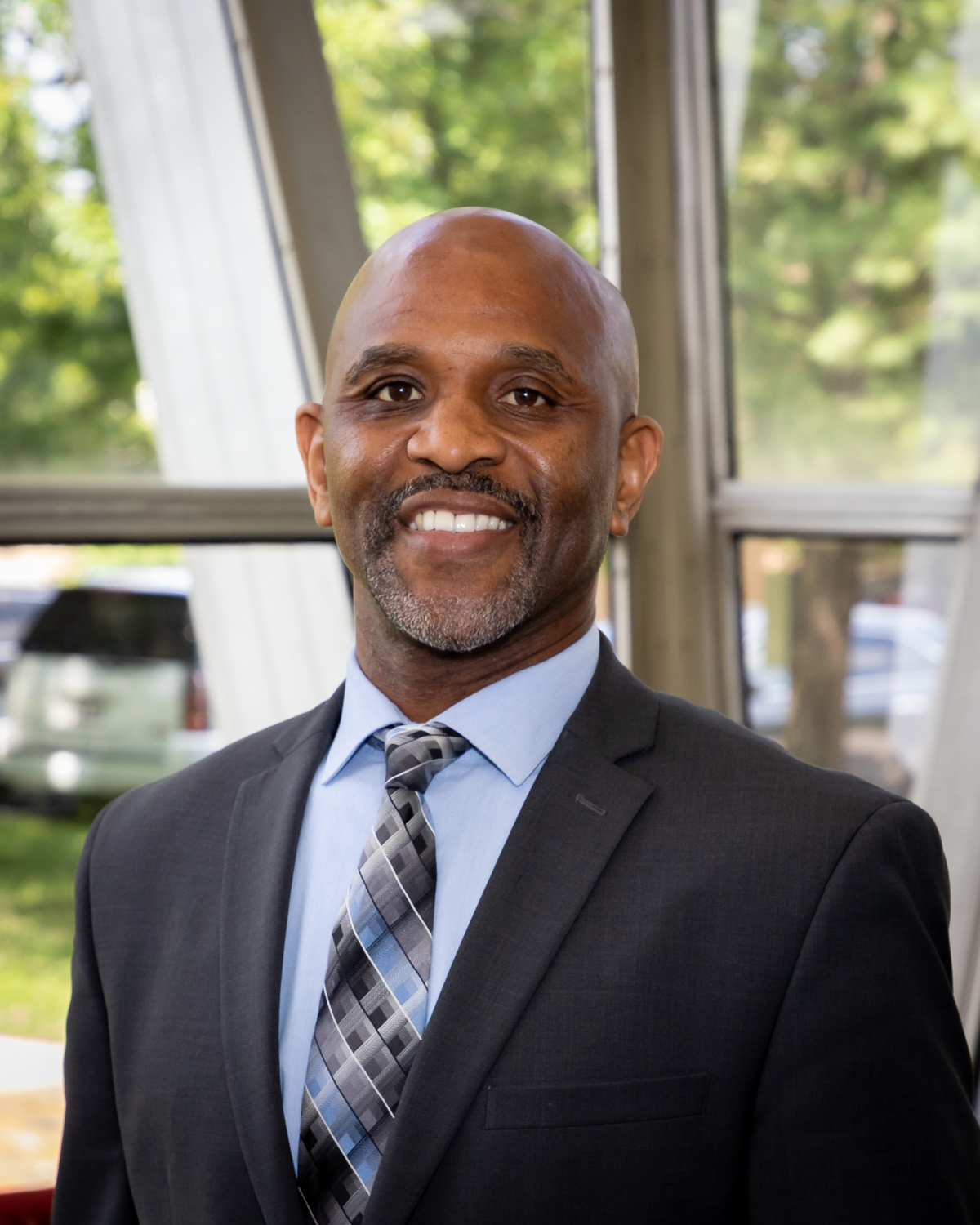 |
Vice President Jerome E. Morris University of Missouri – St. Louis |
 |
Immediate Past Vice President Zeus Leonardo University of California, Berkeley |

Lubna Chaudhry
Binghampton University
 Annual Meeting Program Co-Chair
Annual Meeting Program Co-Chair Cleveland Hayes
Indiana University-Purdue University, Indianapolis
 Chair of Equity and Inclusion
Chair of Equity and Inclusion oiyan poon
Spencer Foundation
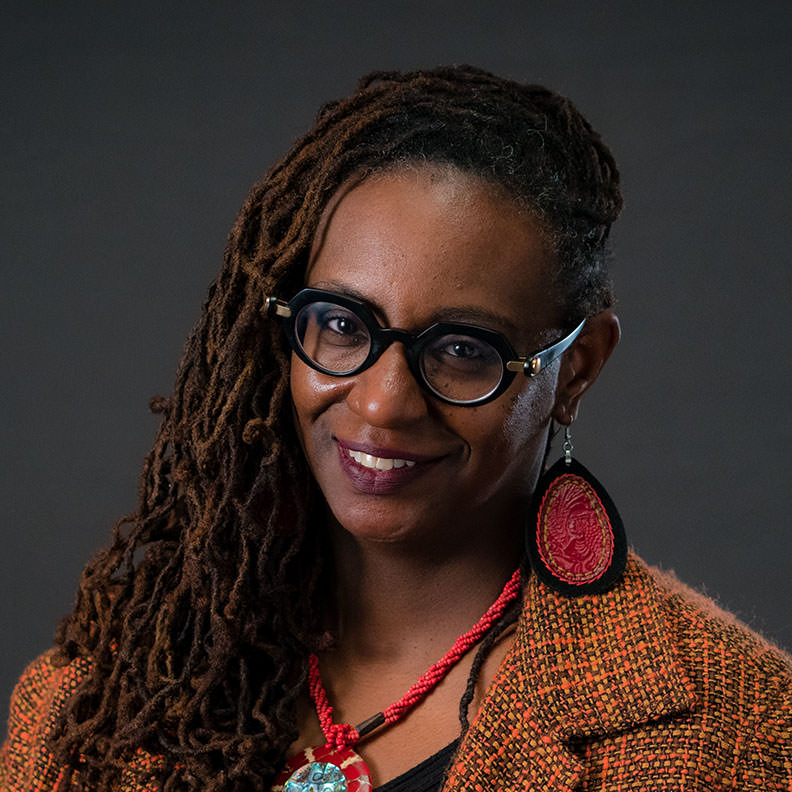 Secretary. & Communications Director
Secretary. & Communications DirectorAyanna F. Brown
Elmhurst University Graduate Student Representatives
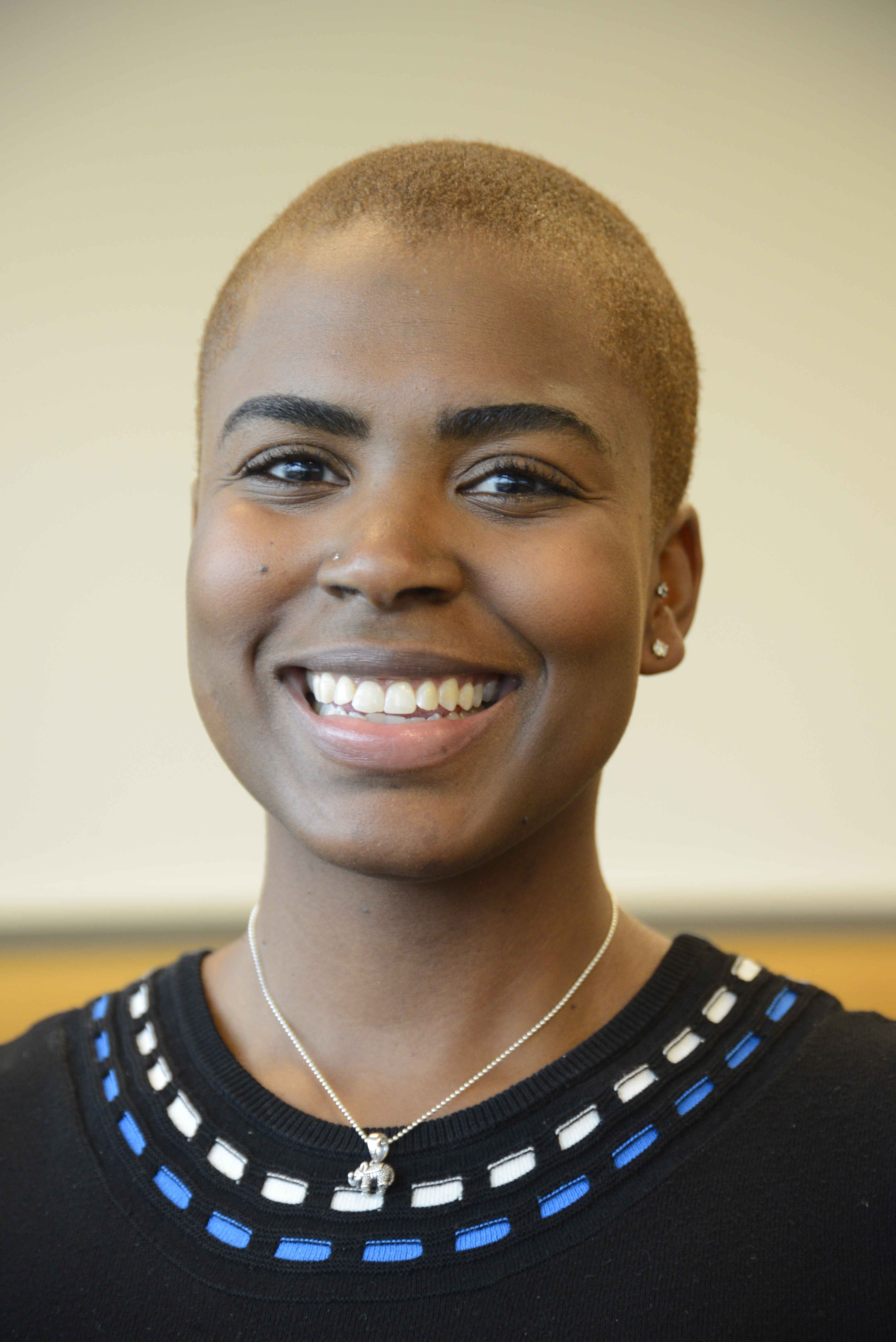 (Senior Rep.)
(Senior Rep.)
Eshe Fayola Price
University of Rowan
 (Junior Rep.) Cierra Kaler-Jones
(Junior Rep.) Cierra Kaler-Jones
University of Maryland, College Park
Section 1 Co-Chairs (Education and Place, Space, Time)
Education and Space, Place, Time encompasses research related to geographical (space and place) settings as well time, the past, present, and futures of teaching and learning in formal and informal venues. Spatial units of analysis may be comprised of classroom, school, community, region, nation, and/or global scales. Temporal considerations may include historical and contemporary conditions as well as imagined and potential futures that are currently being conceptualized. The purpose is to build descriptions of and theoretical insights about teaching and learning across time and for present futures.
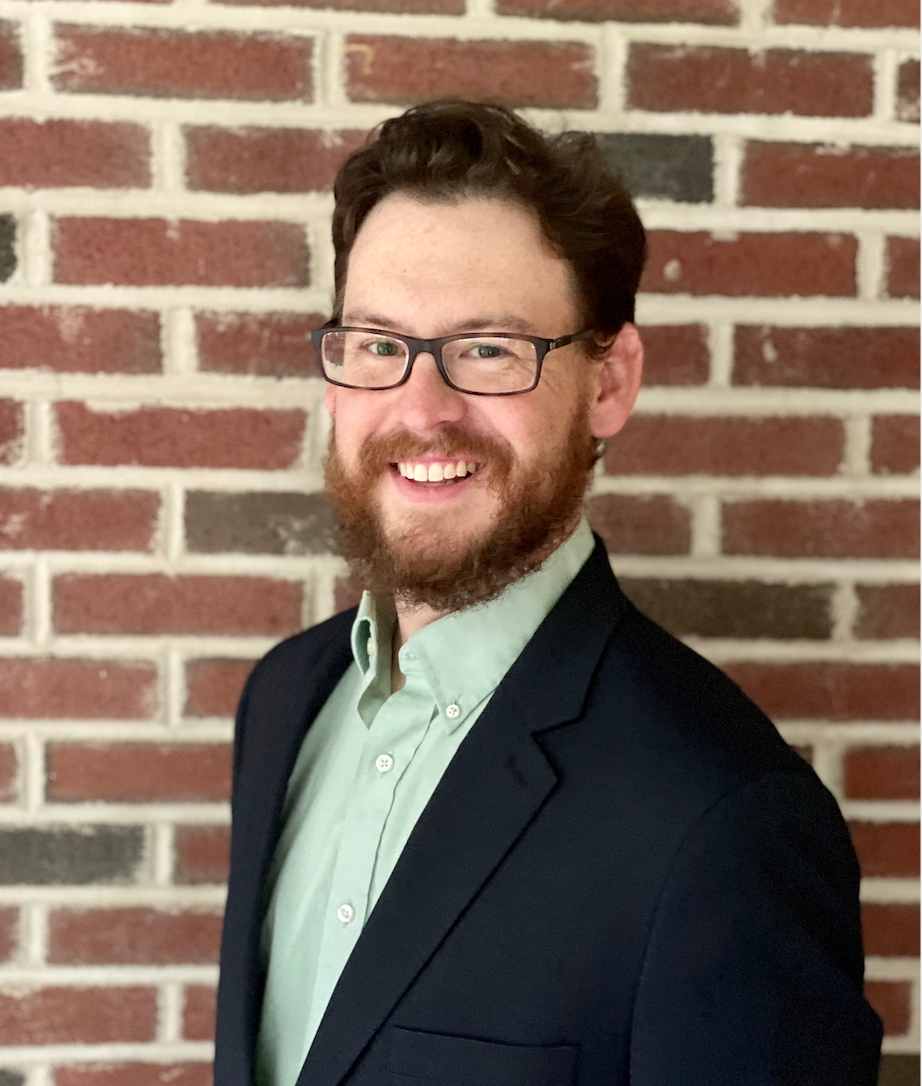 Benjamin D. Parker
Benjamin D. Parker
Manheim Township School District
 Pedro Nava
Pedro Nava
Santa Clara University
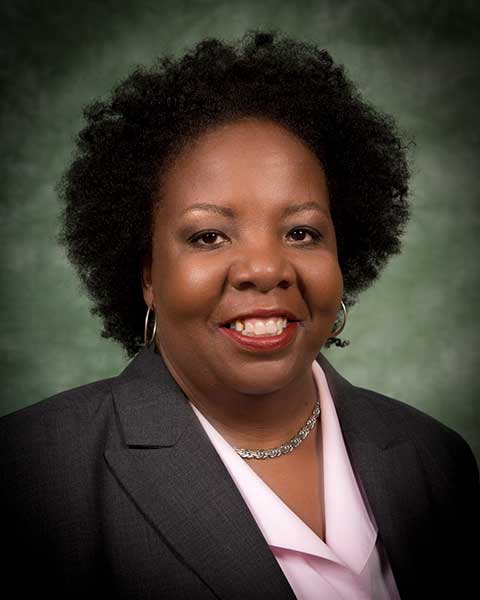 Denise Yull,
Denise Yull,
State University of New York at Binghamton, Section 2 Co-Chairs (Differences and Intersectionalities)
Differences and Intersectionalities emphasizes scholarship focused on experiences and implications of race, ethnicity, gender, sexuality, language, nationality, social class, dis/ ability, region, religion, spirituality, and additional forms of diversity. This section considers work regarding intersections of differences across and between education institutions and home/ community, theory and practice, social barriers and constraints, as well as sources of agency that may contribute to education opportunity and change.
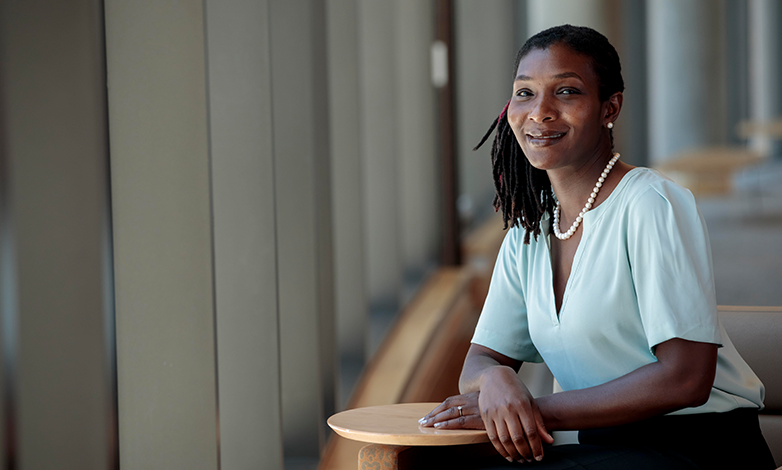 Sheretta Butler-Barnes
Sheretta Butler-Barnes
Washington University in St. Louis
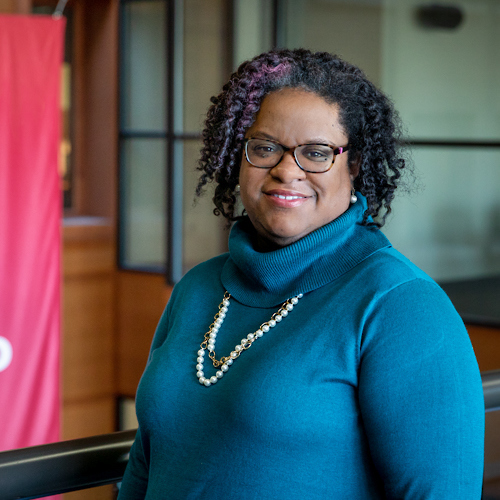 Erika Bullock
Erika Bullock
University of Wisconsin-Madison
Section 3 Co-Chairs (Languages, Literacies, and Representations)
Languages, Literacies, and Representations centers on the power, intricacies, and effects of languages, literacies, and representations. It documents and examines sign and representational systems that are textual, oral, visual, and affective; that engage embodied ways of knowing; and that draw from different literacies (Indigenous, global South, etc.). It addresses bilingualism, multilingualism, and bi-/multi-cultural literacies in formal or informal education (including foreign language, bilingual, and English as a Second Language settings). It examines representations in schools, popular cultures, music, media, and other informal educational sites.
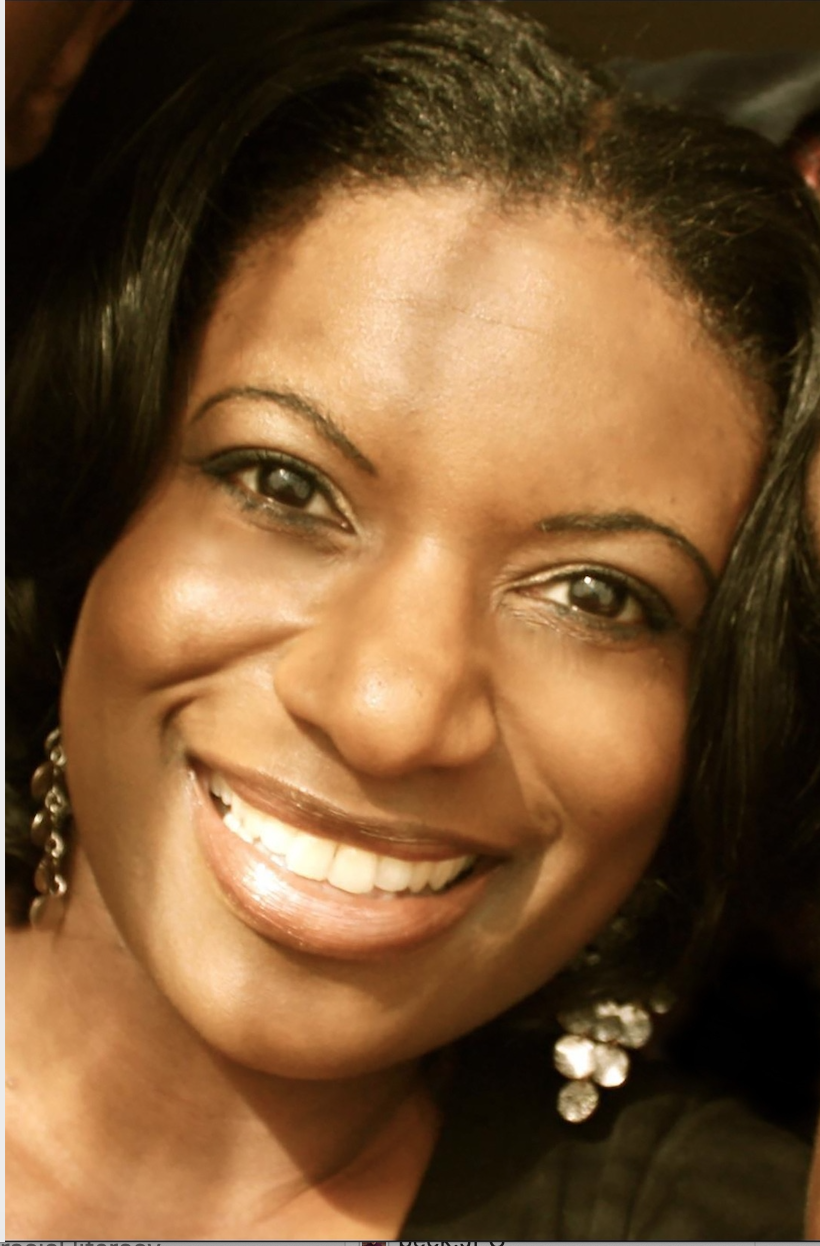 Tisha Lewis Ellison
Tisha Lewis Ellison
University of Georgia
 Claudia Cervantes-Soon
Claudia Cervantes-Soon
Arizona State University
Section 4 Co-Chairs (Policies, Mattering, and Praxis)
Policies, Mattering, and Praxis highlights inquiry into micro and macro education policies, politics, and praxis. This section encourages analyses of sociocultural contexts of education policy through approaches that highlight processes, histories, lived experiences, and outcomes. How and where policies, politics, and praxis matter; to whom and for what purposes; and how across pasts, presents, and futures are foci of this section. Innovative ontological, epistemological, and methodological approaches are welcome.
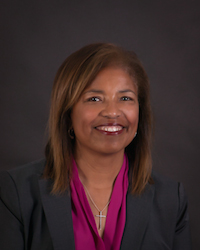 Vanessa D. Garry
Vanessa D. Garry
University of Missouri – St. Louiss
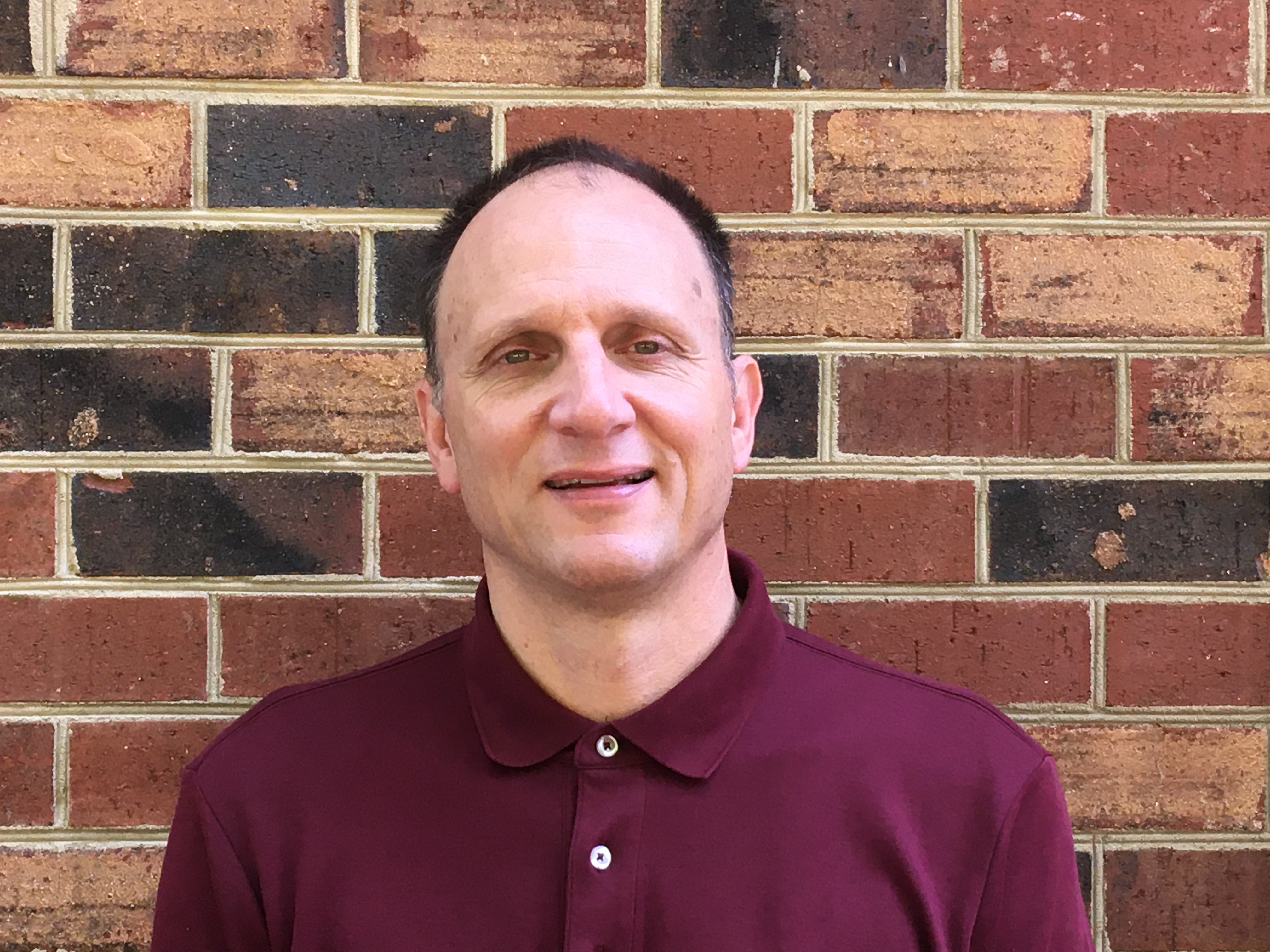 Craig Peck
Craig Peck
University of North Carolina – Greensboro
Section 5 Co-Chairs (Inquiry, Transformation, and Communities)
Inquiry, Transformation, and Communities highlights the possibilities, insights, and challenges of education research. Analyses— including race/ethnic, feminist, queer, indigenous studies; decolonial, transnational; quantitative, qualitative, mixed-methods; ethnography; participatory action research; socio-cultural; historical; geographical; and new methodologies—that are situated within local and/or global contexts of education; that are transdisciplinary, collaborative, culturally appropriate; activist/advocacy oriented; theoretically and methodologically innovative; and that have the potential for fostering transformative outcomes in education and communities are encouraged in this section.
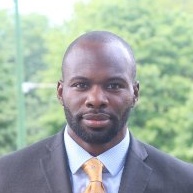 Adeoye Adeyamo,
Adeoye Adeyamo,
University of Illinois at Urbana-Champaign
 Aria Razfar
Aria Razfar
University of Illinois at Chicago